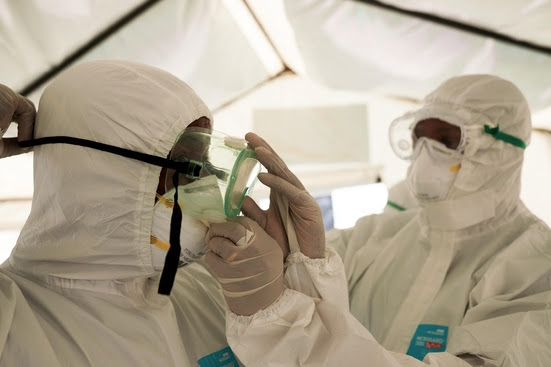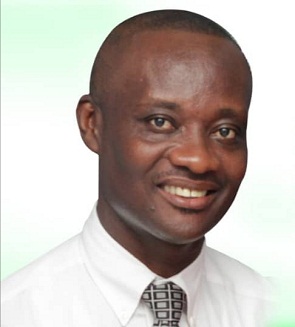Zuarungu Health Centre in dire need of a theatre

The Zuarungu Health Centre in the Bolgatanga East District of the Upper East Region urgently needs a surgical theatre—a situation that is hindering healthcare delivery and endangering lives.
Currently operating without a theatre, the facility is unable to perform critical surgical procedures such as cesarean sections, emergency operations, and other essential interventions.
As a result, patients—particularly expectant mothers, accident victims, and others in critical condition—are often referred to distant facilities, especially the Upper East Regional Hospital in Bolgatanga. These referrals lead to delays that sometimes prove fatal.
According to Harriette Yeribu, the Bolgatanga East District Director of the Ghana Health Service, the lack of a theatre has become a major bottleneck in efforts to provide timely and comprehensive care.
She made this disclosure in an interview with the Ghana News Agency at Zuarungu, on the sidelines of a forum on citizen-driven health sector policy. The forum aimed to harness community structures for inclusive and quality education and healthcare.
It was organized by Rural Initiatives for Self-Empowerment Ghana (RISE-Ghana), a non-governmental organization, in partnership with the Bolgatanga East Evidence for Development Community of Practice (E4D-CoP).
The forum formed part of the Bolgatanga East Evidence for Development (E4D) project, with funding support from the Centre for Democratic Development Ghana (CDD-Ghana). It aimed to solicit citizen input to inform the District Medium-Term Development Plans in the health sector.
Yeribu said the lack of a theatre had placed immense pressure on the facility, which is already grappling with limited resources and understaffing.
“This health centre is the referral facility for all the CHPS compounds in the district. We have the personnel, including a medical doctor, but we do not have a theatre or a laboratory,” she lamented.
The District Director also indicated that many of the health facilities lack sustainable water and sanitation infrastructure, further limiting the ability of health workers to provide quality care.
“We need infrastructure expansion for the Zuarungu and Gambibgo health centres, accommodation for staff, and overall support to be able to deliver quality care,” she added.
Yeribu therefore appealed to the government, NGOs, and well-meaning individuals to support the construction of a fully equipped theatre and other infrastructure. She believes such investments would not only save lives but also enhance the overall quality of healthcare delivery in the area.
Shadrack A-obiliya, Project Officer at RISE-Ghana, noted that the project aims to involve community members in healthcare delivery to ensure sustainability and inclusiveness.
Source: GNA




